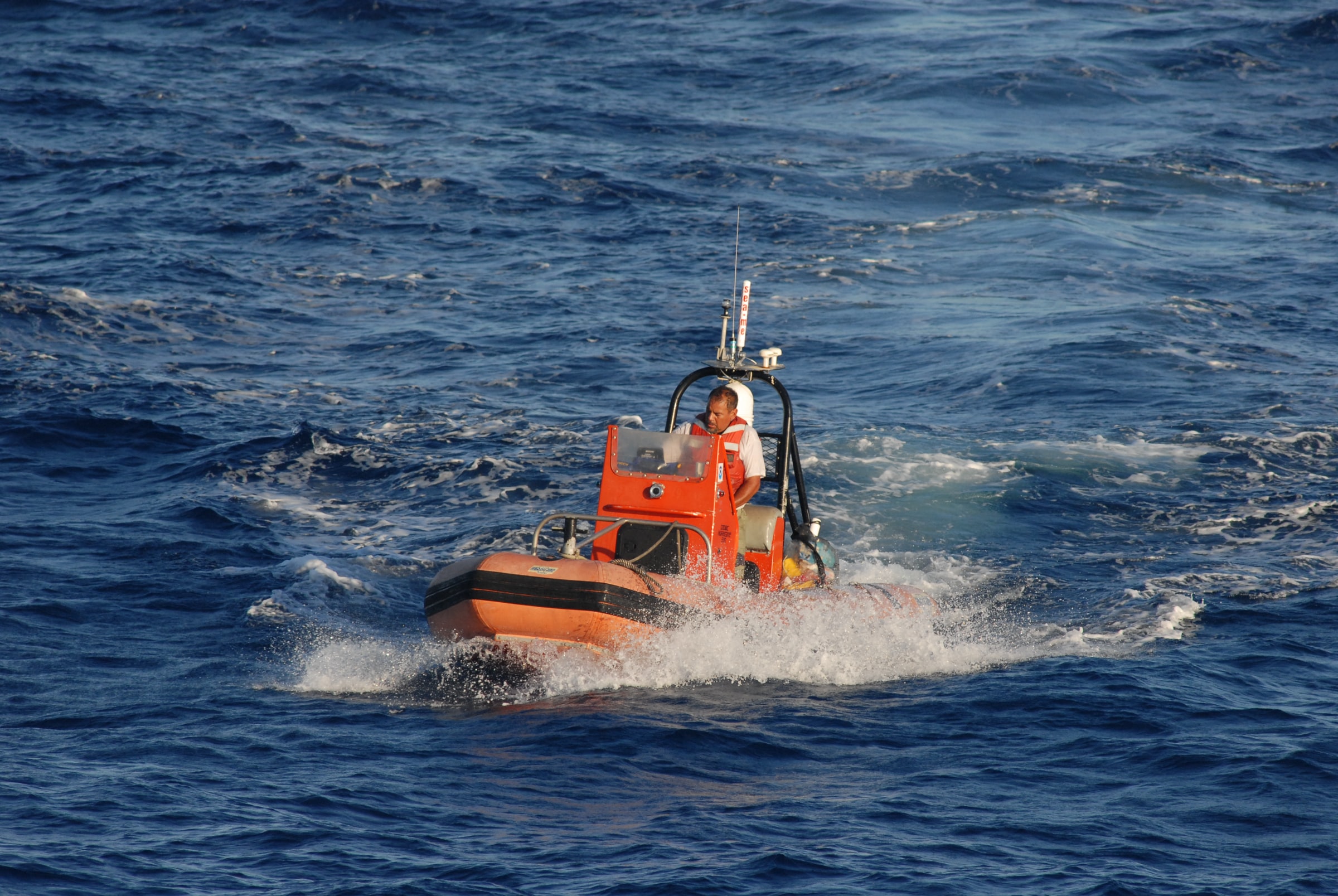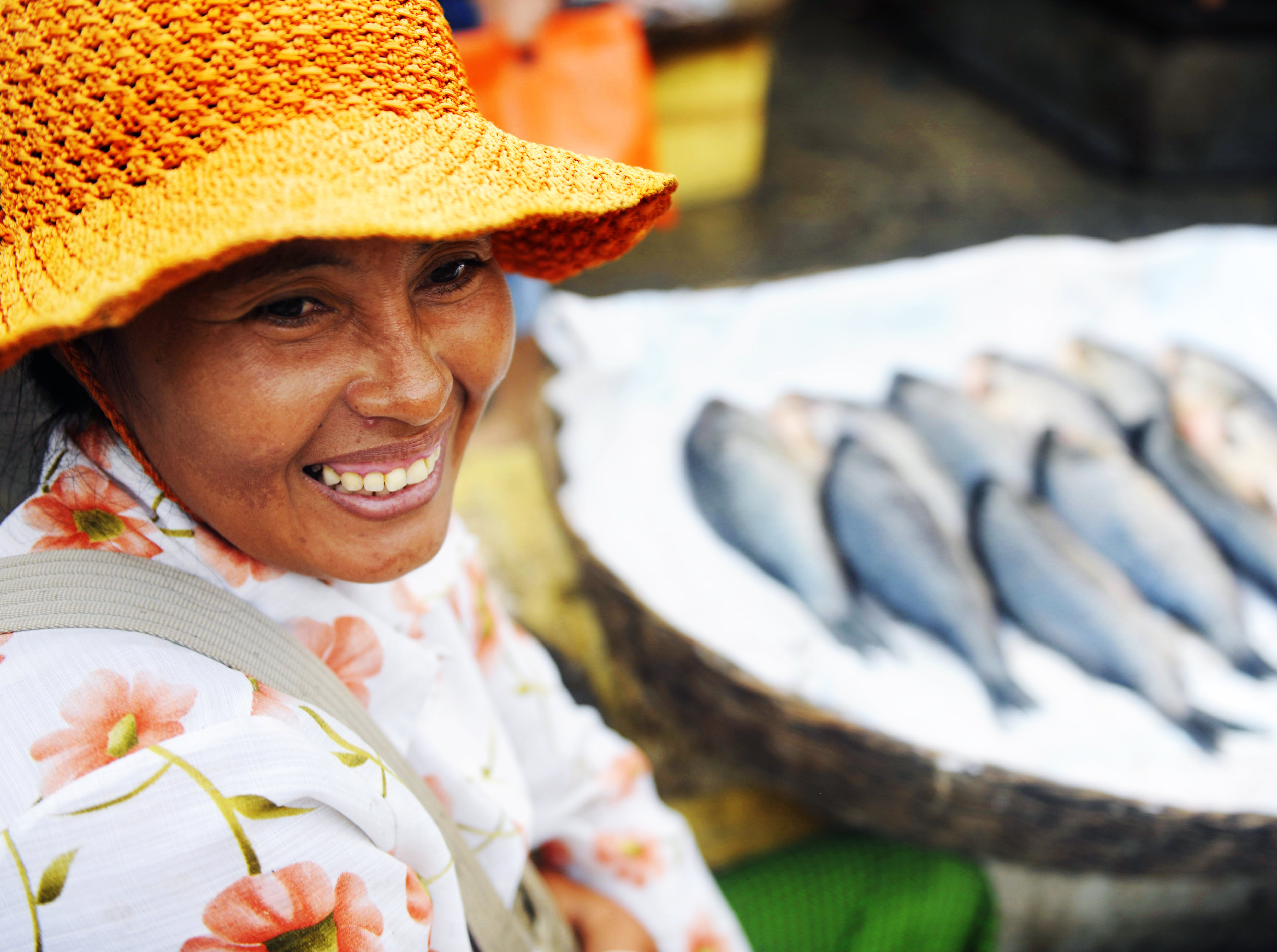
Thoughts from Chatham House’s 12th International IUU Fishing Forum
Despite the current pandemic having far-reaching impacts on in-person meetings and industry conferences, as seen from Chatham House’s 12th International IUU Fishing Forum last month, one message was clear: the show must go on.
For the first time, Chatham House opted for an online version of its prestigious forum, allowing more than 75 countries to engage in a series of sessions over the course of five days. Across those days, topics spanned from women in seafood and harmful fishing subsidies; to new and emerging technology; and exploring South East Asia’s efforts to combat illegal fishing. To introduce these complex issues required an impressive set of speakers, including the UN Secretary General’s Special Envoy for the Ocean, representatives from the Food and Agriculture Organization (FAO) and the United States Agency for International Development (USAID), academics and researchers, a World Trade Organization (WTO) Ambassador, and CEOs of technology companies. Effects of illegal fishing go far beyond the oceans and often support organized crime like trafficking in guns, arms, and humans, reinforcing the idea that illegal fishing is more than just an environmental issue; it’s also a social issue. Experts estimate that 1 in every 5 fish is caught illegally, but in developing nations, those numbers jump to a staggering 1 in every 3 fish. While these numbers might seem sobering, it’s clear from the takeaways below that much of SALT’s work rallies around these same actions to successfully curb illegal fishing.
The need for deliberate cooperation and dialogues at not only the national level but also the regional and sub-regional level
Globally, there is a solid foundation to combat illegal, unreported, and unregulated (IUU) fishing including legislation like the Port States Measures Agreement or the WTO’s negotiations to remove harmful subsidies. But the power of these instruments and dialogues are only as good as their implementation. There needs to be political will and strong enforcement, especially in developing countries, in order for these tools to be effective. Information exchange and knowledge sharing not only stops us from recreating the wheel but can help quickly scale up solutions.
Transparency! Transparency! Transparency!
Few places are as lawless as the high seas and most of this space is ungoverned; if you can’t see it, you can’t control it. Transparency largely depends on sharing information, but it’s not an end in itself; it’s a tool to help combat unethical, illegal, and unsustainable harvesting of seafood. Lack of transparency allows vessels to continue operating out of the sight of enforcement agencies, hide vessels and their owner’s identities, and encourage conditions that enable these operators to commit other crimes and offenses offshore. Strong transparency systems and practices can help us reward good operators and call out rogue operators. And once we digitize fishing and vessel information, exchanging that data worldwide would be indispensable in the fight against IUU fishing.
Women play a crucial role in fisheries and in the fight against IUU fishing
Women can no longer be ignored — they are responsible for almost 3 million tonnes of seafood valued at USD $5.6 billion globally. They play a key role in fisheries and are critical in the fight against IUU fishing. Fisheries are stronger when women have a meaningful voice at the table, and we must work to make sure we maximize their capacity and include their voices. We need to invest at a systemic level to get women represented not only within their own communities, but on boards, at the corporate level, and in decision-making conversations. Women need to be recognized as key contributors to fisheries, and to combat IUU fishing gender must be part of the conversation.
Although there is still a long way to go to meet the Sustainable Development Goals established in 2015, we have made progress. Events like last month’s Chatham House Forum demonstrate a clear value in bringing together diverse stakeholders to regularly share challenges and opportunities and support each other’s initiatives. We certainly have multiple tools and instruments to tackle these issues, and we’re not wanting in ambition to eliminate illegal fishing or human trafficking. The question is how do we create a clear bottom line, a uniform set of standards for those to use worldwide? Illegal groups will continue to find ways to exploit loopholes, and it’s up to every part of the value chain — whether a large multi-national fishing company, a ten-person NGO, or the individual consumer — to engage with like-minded people to use the tools that already exist.

